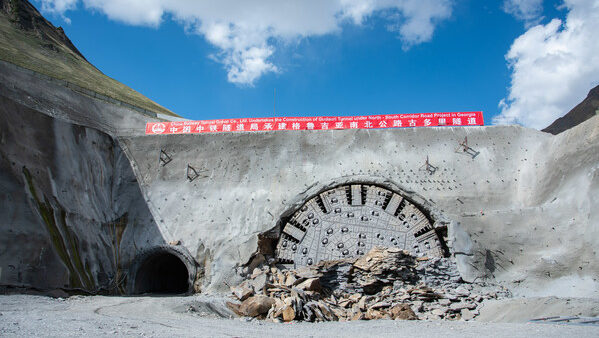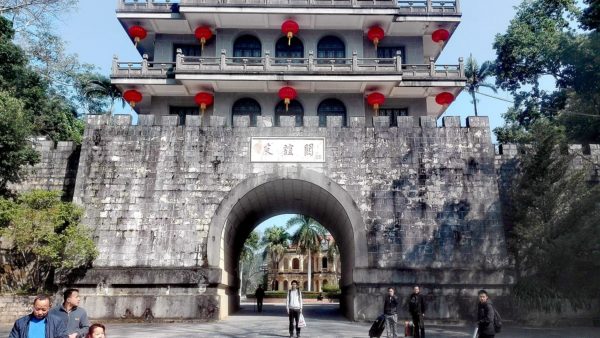Russian petrochemical company Sibur has begun work on an $11bn polymer plant in Siberia after a virtual ceremony to mark the driving in of the first pile, attended by Prime Minister Mikhail Mishustin.
The Amur Gas Chemical Complex (Amur GCC), in the Svobodny district near the Chinese border, will house the world’s largest steam cracker.
When complete in 2024 or 2025 the plant will use Siberian gas to produce 2.3 million tonnes a year of polyethylene and 400,000 million tonnes of polypropylene, which is mainly used in packaging.
Russia’s present polymer production capacity is 1.9 million tonnes a year.
The plant’s feedstock will come from Gazprom’s Amur plant, which is being increased to full capacity. The complex is intended to increase the value of the gas by a factor of four.
Mishustin commented: "In a very short span of time, Russia’s Amur Region will see the opening of a giant factory with most advanced production techniques based on modern IT and telecoms technologies. Launching these technologies is an investment in the future. We are forging new growth paths for the Amur Region, giving an impetus to the local economy."
Amur GCC will be the world’s first petrochemical complex to implement a remote control room, and the project’s operation will use more than 150 automated solutions.
The project management role for the plant will be taken by Sibur subsidiary NIPIgazpererabotka and the technology for the cracker will be supplied by Ireland-based chemical company Linde.
Beijing-based Sinopec, the world’s largest petrochemical company, is to take a 40% stake in the complex, and will distribute the product in the China, which it expected to be Amur GCC’s main market.
Other investment may come from Russian’s $174bn National Wealth Fund. Alexander Petrov, Sibur’s management board member, told Reuters: "We are working with that option, but it’s up to the government and those regulators who have the access to that type of money."
Sibur made a $61m loss in the first half of the year owing to the weak rouble and an 12% fall in revenues due lower prices for most of its products.
Image: Svobodny is presently best known as a station on the Trans-Siberian Railway’s link to China (svb28ru/CC BY-SA 2.0)
Further reading:










